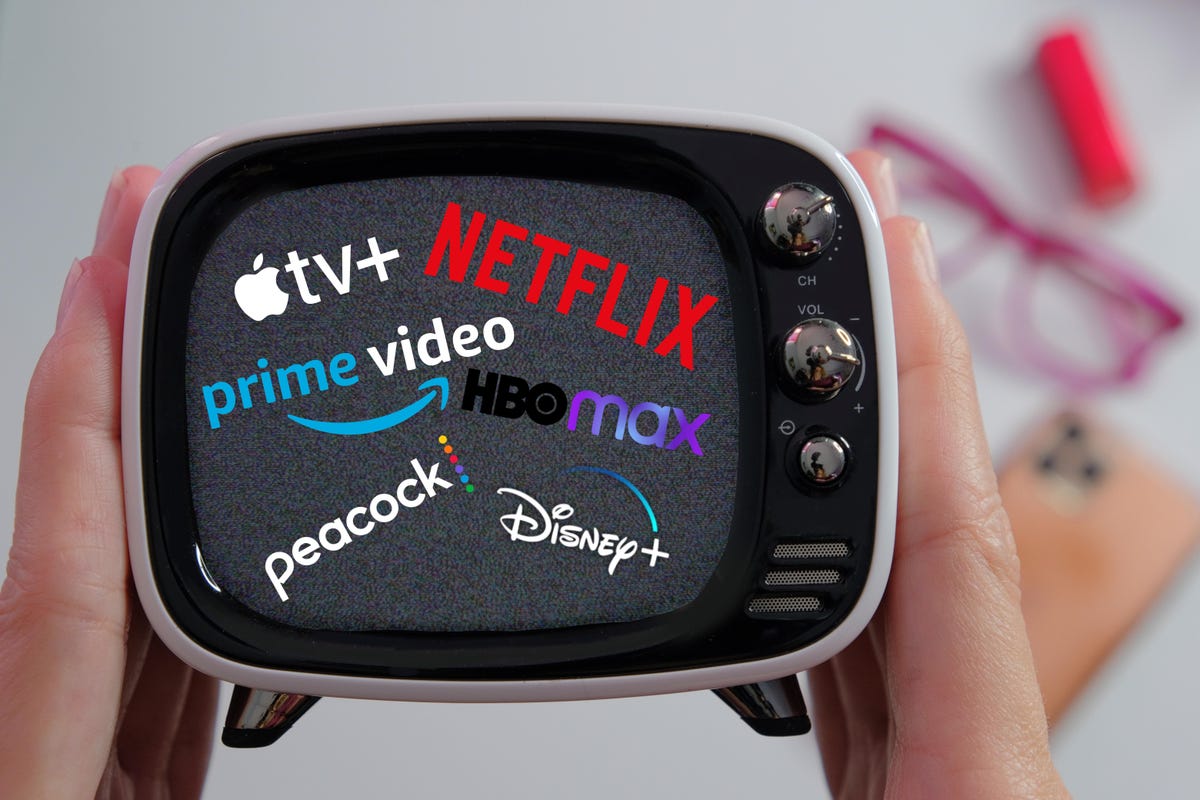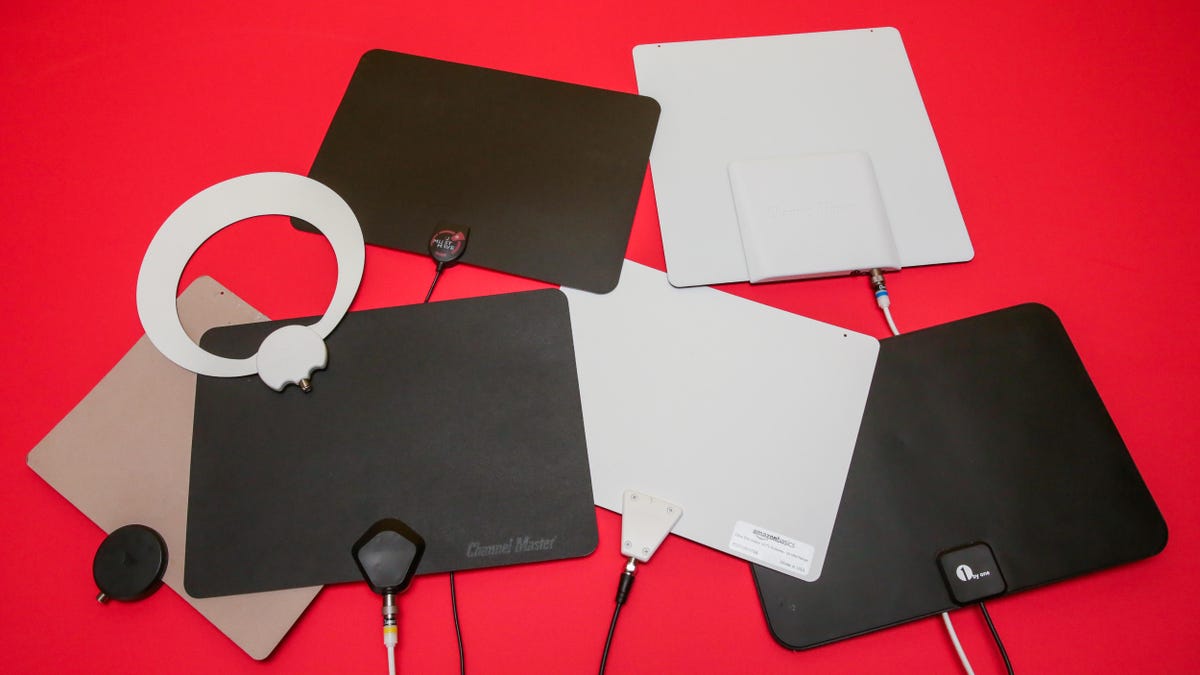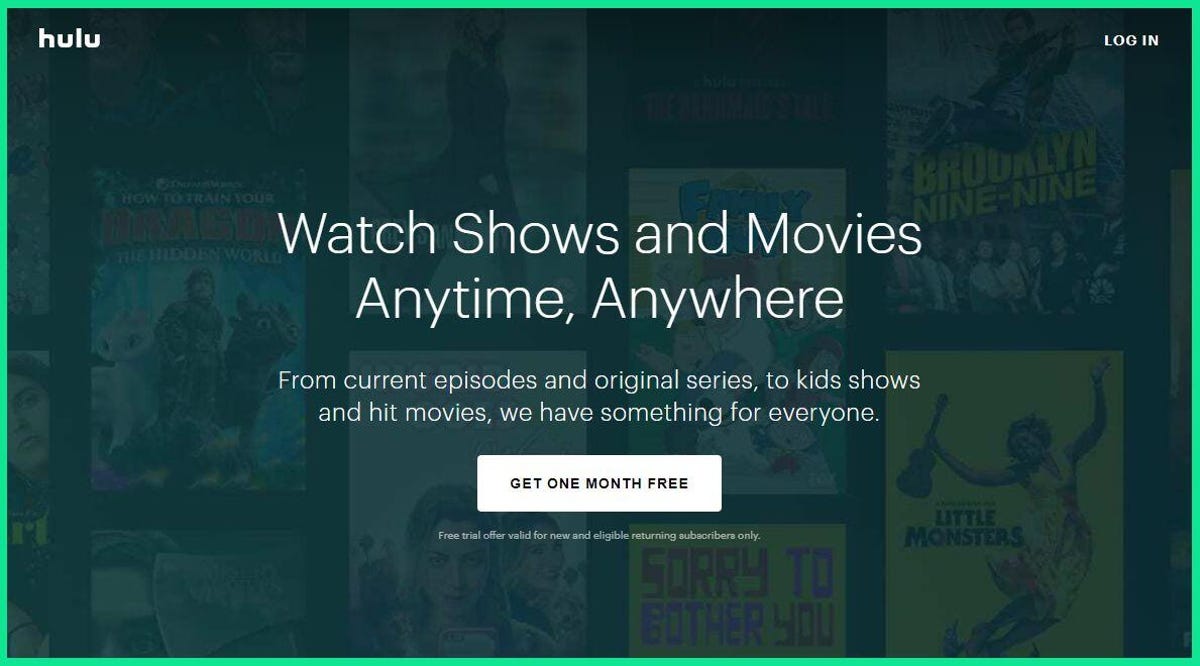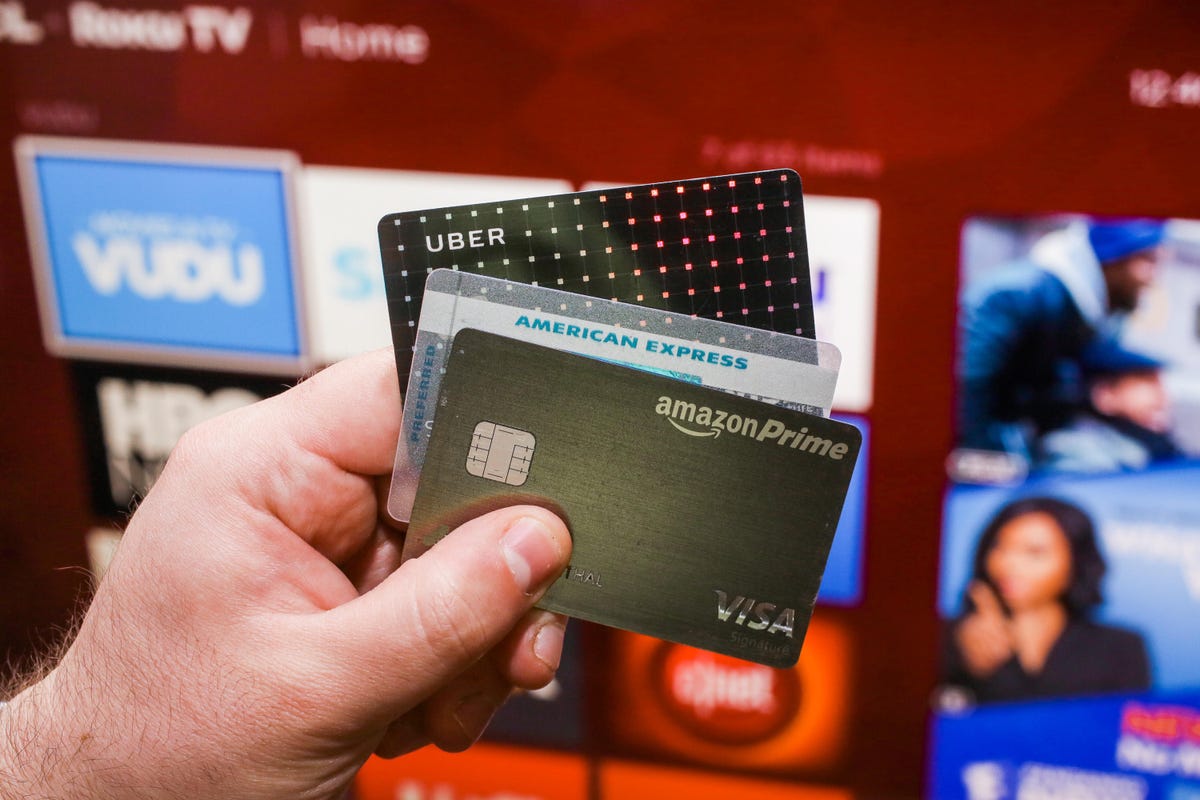What’s happening
The streaming service market is crowded. With multiple subscriptions to pay for and rising prices, it’s becoming expensive to watch TV on cable or as a cord-cutter.
Why it matters
You can pare down your monthly expenses without totally eliminating your streaming service budget.
What’s next
Tap into these tips to save money while streaming the TV shows and films you want.
If you’re feeling the pinch of inflation as prices climb for gas, food and other essentials, you may be looking to make cutbacks in your household budget. Sure, it’ll help if you ditch cable and become a dedicated cord-cutter. But when you subscribe to multiple platforms like Netflix, Hulu, HBO Max, Disney Plus, Apple TV Plus, YouTube TV and other popular streaming services, it can feel like you’re spending as much as you were for cable alone, if not more.
Fortunately, there are ways to save on streaming, and they don’t require much in the way of sacrifice. Still want to watch all your favorite shows like Stranger Things? Don’t fret. Can’t live without live TV? We’ve got you covered. Read on for some great tips for stretching your streaming budget.
Read more: Best Streaming Service Deals From Verizon, AT&T and T-Mobile
1. Figure out which services you can cancel
Here’s a simple money-saving tip: Drop one of your streaming services. Just identify the one you’re using the least and cut it loose. For example, if you signed up for Apple TV Plus last year but have already exhausted its handful of decent original shows, there’s no point in keeping your subscription. It may save you only $5 monthly, but it’s a start. And remember: You can always resubscribe when there’s a new season of, say, Ted Lasso.
2. Plan your binges


Subscribe strategically to save money.
Ashley Esqueda/CNET
What’s great about Netflix, Hulu, HBO Max and the like is that you can cancel your subscription anytime and resume whenever it suits you — like when a favorite show comes back. Many series go a year or more between seasons, so you can take that time off and pocket the savings. (That’s one reason I don’t recommend subscribing for a year at a time, even if there’s a discount for doing so. You’ll almost certainly save more if you subscribe on a monthly basis.)
For serious savings, work out a rotation schedule. Instead of subscribing to multiple services simultaneously, you could choose just one, catch up on all your favorite shows there, then cancel and move on to another service. For example: Netflix in July, Hulu in August, Disney Plus in September.
Need more help? Here’s how to choose the best streaming service for you. And check out the Binge Buddy app, which helps you track your favorite shows.


TV antennas cost as little as $20 and deliver live TV, no streaming required.
Sarah Tew/CNET
3. Ditch live TV (or use an antenna)
YouTube TV costs a jaw-dropping $65 every month. Hulu Plus Live TV: $70. Even a “budget” service like Sling will set you back $35, minimum. If you’re currently paying for a live-TV streaming service, it’s time to give serious consideration to giving it up.
Think about it: How much live TV do you really watch? There’s precious little sports to see at the moment, and if you’re a news junkie, a free service can fill in the gaps. Plenty of services including Pluto, ABC News Live and CBSN stream live news for free. If nothing else, consider a cheaper alternative like Philo, which offers over 60 channels for a more palatable $25 monthly.
Finally, consider deploying an antenna (remember those?) to pull down local TV stations. You won’t be able to record — not without additional hardware — but at least the airwaves are free. Here are the best indoor TV antennas for 2022 (starting at only $10!).
Check out Philo


New subscribers can get a full 30 days of Hulu for free.
Hulu
4. Take advantage of free trials
With the exception of Netflix, nearly every major streaming service offers a free trial, meaning if you plan your viewing wisely, you might be able to binge a series or two without paying a dime. Just make sure to mark your calendar with a cancellation reminder, otherwise you’ll start getting billed after your trial expires.
5. Choose basic, non-premium subscriptions
Nobody likes watching commercials, but if it means saving money, maybe you take one for the wallet. Paramount Plus, for example, costs $10 monthly for ad-free viewing, but just $5 if you’re willing to endure commercial breaks. And opting for Hulu’s ad-supported tier would save you $6 every month. Use that commercial time like we did in the old days: Grab a snack, hit the bathroom, fold your laundry.
While you’re weighing the commercial question, ask yourself if you really need the ultra-deluxe streaming plan — specifically Netflix Premium, which is the only way to get 4K streaming on that service. (It also allows for four simultaneous streams instead of just two.) You’re paying an extra $4.50 monthly above its standard plan for that privilege, and here’s a secret: 4K is utterly pointless if you watch mostly on a phone or tablet. And even on a big TV, standard-plan HD streaming looks amazing.
Not convinced? Here’s how to find out if it’s really worth it to pay extra to nix commercials.
6. Share subscriptions with friends and family
Different streaming services have different policies when it comes to password-sharing — but those policies can be vague and difficult to enforce. Just to play devil’s advocate, if I’m paying $20 for a Netflix Premium plan, which allows for five user profiles and streaming on up to four devices, does it really matter if all those users live under my roof?
So maybe I pay for Netflix and Uncle Abe pays for Hulu, and we share our respective accounts. That’s a real-world way to save money, right? Yes, but you should definitely take note of how streaming services are cracking down on password sharing.
7. Look to the freebies
Ever seen The Iron Giant? The utterly delightful first animated feature from Brad Bird is free to stream right now on Tubi. The riveting sci-fi thriller Ex Machina? Free to stream on Kanopy. Love The Rock? Watch the first season of Young Rock on Freevee.
The point is there are lots of free streaming services out there, and many of them are home to some pretty good TV and movies. Yes, you’ll have to sit through commercials on most of them (library-supported Hoopla and Kanopy are the exceptions), but otherwise there’s zero cost. You can even get your fill of free livestreaming news.
Here’s my roundup of the best free movie streaming services and a similar batch of the best free TV streaming services. You should also check out ReelGood’s compendium of movies and TV shows on free services.
8. Get a cord-cutter credit card


Sarah Tew/CNET
Lots of credit cards give you cash back for various purchases, but a handful offer streaming-specific benefits as well. For example, the American Express Blue Cash card delivers 6% cash back on most streaming services, including Netflix, Disney Plus and Prime Video. If you’re paying, say, $40 monthly for various services, you’d save nearly $37 annually. That’s not enough to recoup the $95 annual fee for the card, but the card’s other cash-back perks might help with that.
Meanwhile, certain Chase cards offer rewards on select streaming providers, and among them are Hulu, Netflix, Sling, and FuboTV. See if your current card has any streaming offers. If not, it might be worth switching to a card that does.
Check out DirecTV Stream
9. Put your money where your phone is
How about a free subscription to Netflix, Hulu or even Amazon? Various phone carriers dangle just such perks. If you’re a T-Mobile subscriber, for example, and have the Magenta Plus plan, you get a Netflix Standard subscription (good for two screens) at no extra charge. AT&T’s Unlimited Elite comes with HBO Max, while Metro by T-Mobile’s Unlimited Plan nets you Amazon Prime (and Prime Video along with it). Verizon will give you Disney Plus with any Unlimited plan.
The biggest streaming bounty comes from Sprint: Hulu and Tidal high-fidelity music streaming are included as part of the Unlimited Plus plan.
In a time when streaming services are upping their prices, it pays to take advantage of all these savings strategies to keep more money in your wallet.
10. Temporarily pause your subscriptions
Not ready to break up with your streaming service just yet? Several providers allow you to temporarily put your subscription on pause, giving your bank account a break. Hulu and Sling will not bill you for up to three months if you pause your account, with the option to select a specific date to reactivate your service. Fubo and YouTube TV are among the other services that allow you to pause your membership for a set length of time, whether it’s a couple of weeks or months.
It is important to note that you will not have access to any of your services during a pause period, and that includes streaming services that may be bundled together such as Hulu and Disney Plus. Check your account page for specific details on how pausing affects your billing cycle and how long you’re able to temporarily stop paying.


Now playing:
Watch this:
Ranking 101 US streaming services
13:05
CNET’s Cheapskate scours the web for great deals on tech products and much more. For the latest deals and updates, follow the Cheapskate on Facebook and Twitter. Find more great buys on the CNET Deals page and check out our CNET Coupons page for the latest promo codes from Best Buy, Walmart, Amazon and more. Questions about the Cheapskate blog? Find the answers on our FAQ page.
Looking for a deal on your next movie night?
Compare prices or add promo codes to your next streaming service subscription with a single click when using the CNET Shopping extension.




